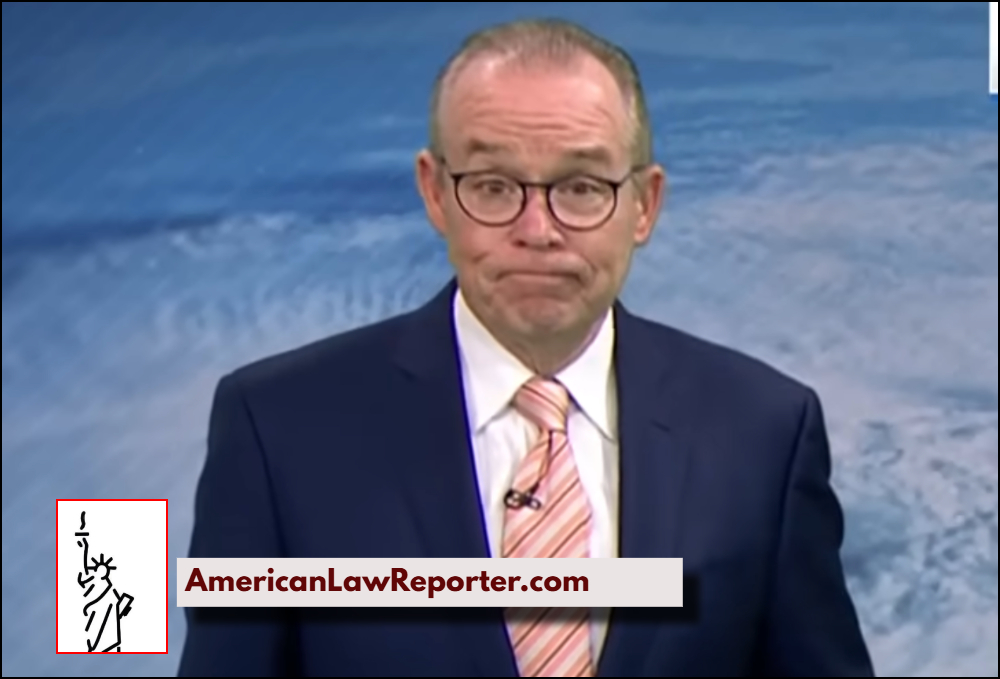In a stunning on-air admission that has sent shockwaves through the meteorological and legal communities, John Morales, Founder and Lead Certified Consulting Meteorologist at ClimaData and Hurricane Specialist at NBC6, told viewers he can no longer guarantee the accuracy of hurricane season predictions due to federal government budget cuts.
Morales, a trusted voice in South Florida weather reporting for over three decades, made the comments during a live weather segment, referencing deep cuts to both the National Weather Service (NWS) and the National Oceanic and Atmospheric Administration (NOAA)—the nation’s two primary federal agencies for weather forecasting and hurricane surveillance.
“I am here to tell you that I’m not sure I can do that this year,” Morales said, referring to his past confidence in forecasting hurricane paths. “Because of the cuts, the gutting, the sledgehammer attack on science in general… we are losing U.S. leadership in science.”
Key Claims from Morales’ Statement
- 20–40% staffing shortages at National Weather Service offices across Central and South Florida, including Tampa, Miami, and Key West.
- A nearly 20% drop in weather balloon launches, which carry radiosondes that provide critical atmospheric data.
- Risk that NOAA’s Hurricane Hunter aircraft may not fly this season, leaving forecasters “flying blind” without real-time hurricane intensity data.
- A warning that degraded forecasts could lead to disasters similar to Hurricane Otis in Acapulco, Mexico, where poor forecasting failed to anticipate the storm’s strength before landfall.
Legal and Policy Implications
Morales’ comments raise serious questions for lawmakers and federal agencies about public safety, emergency preparedness, and liability exposure. If federal budget cuts are demonstrably reducing the accuracy of severe weather forecasts, government agencies could potentially face legal challenges over negligence in safeguarding lives and infrastructure.
Furthermore, the meteorologist’s call for public action may pressure Congress to revisit recent budget decisions impacting NOAA and the National Weather Service.
“What you need to do is call your representatives and make sure that these cuts are stopped,” Morales urged.
Historical and Legal Context
Federal weather forecasting plays a crucial role in disaster response protocols, insurance liability models, and emergency evacuation orders. Under the Stafford Act and related FEMA guidelines, accurate forecasting data is essential for disaster declarations and federal aid mobilization. If forecast accuracy declines significantly, state and municipal governments may face increased risks of wrongful death and failure-to-warn lawsuits.
Additionally, the comments may reignite debates over the Anti-Deficiency Act and the legal boundaries of federal agencies operating under resource constraints.
What’s Next
Morales’ candid remarks highlight the cascading consequences of federal disinvestment in science.
The legal community is now watching closely to see whether these budget constraints translate into actionable harm—and whether accountability will follow if lives are lost in future storms that forecasters failed to properly warn against.

